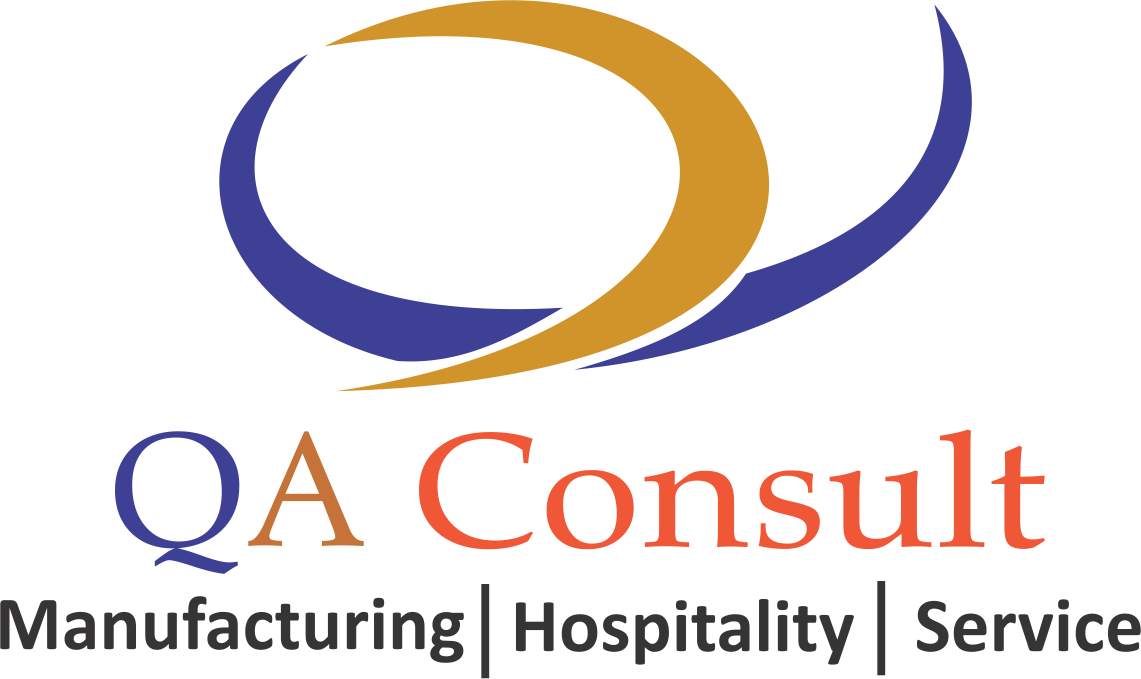Industry & Consumer Information with Johnson Opoku-Boateng: The Rise and Rise of Women in Business
Women in Business
Despite this, there seems to be an upsurge of women entrepreneurs in Ghana. Two categories of women entrepreneurs exist: women who lead businesses and women who own businesses. The challenges are enormous, but we have in recent times seen women who are defying the odds to take their rightful positions in the entrepreneurial world: Manufacturing, hospitality, banking, aviation, architecture, etc. These are interesting times indeed, and society must turn its attention to this new development and help the upward climb of our women industrialists.
The Promise of Sustainable Development Goal 5
Of all the targets set to be achieved under SDG 5, the three most profound which directly seek to push the agenda for women leadership are the following: End all forms of discrimination against all women and girls everywhere; Ensure opportunities for leadership at all levels of decision-making in political, economic and public life; Undertake reforms to give women equal rights to economic resources, as well as access to ownership and control over land and other forms of property, financial services, inheritance and natural resources, in accordance with national laws.
While many countries, including sub-Saharan Africa, struggle in keeping to these targets, there seem to be a movement by women to take their destinies into their own hands. The growing number of women-owned and women-led businesses in Ghana is encouraging. Mrs. Kate Quartey Papafio, CEO-Reroy Cables; Mrs. Grace Amey Obeng of FC; Fatima Alimohammed of Africa Brand Warrior; Mrs. Awurabena Okrah of Winglow Clothes & Textiles are a few of our astute women entrepreneurs who are making headlines consistently.
Challenges
Leadership in Entrepreneurship
“Today’s start-up culture empowers women to be their own boss and pay their own salary, defining how they want to work and making the balance of career and family life easier. Entrepreneurship presents a path for women to close the pay gap, and rise to leadership positions on their own terms. Running their own company also offers the opportunity for women to collaborate with and hire other ambitious, like-minded women – fostering a new generation of women in leadership roles.”
Conclusion
Related Stories
The Hungry Potbelly – bringing nutrition to the fore as a nation!
The Hungry Potbelly – bringing nutrition to the fore as a nation! As part of the long-term vision set out in Agenda 2063, the Assembly of Heads of State and Government of the African Union has adopted common African aspirations, drawing on the potential of its...
Silent Consumer Carelines – A major setback for industries
Silent Consumer Carelines – A major setback for industriesMohammed bin Rashid Al Maktoum wrote in his book “My Vision” (Challenges in the Race for Excellence) that “Anyone visiting the city realizes from touchdown that Dubai is exclusive and different. Because Dubai’s...
Industry & Consumer Information with Johnson Opoku-Boateng: Rising from complacency
Industry & Consumer Information with Johnson Opoku-Boateng: Rising from complacencyThe Case of Successful Small Business“Expansion and modernisation of the nation’s productive plant is essential to accelerate economic growth and improve the international...
Get In Touch
HEAD OFFICE
Aviation Highway , East Airport ( Spintex)
Landmark: Endpoint Homeopathic clinic



